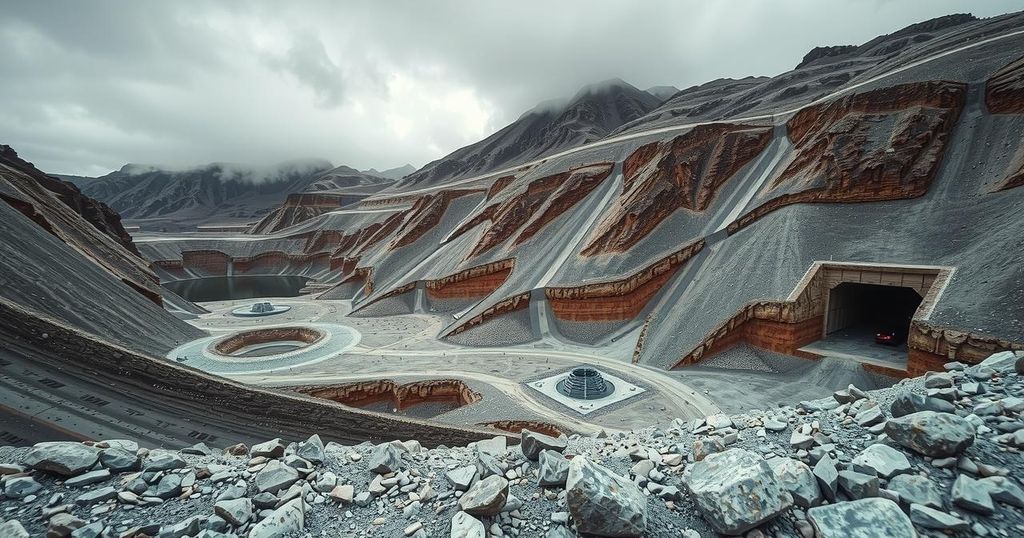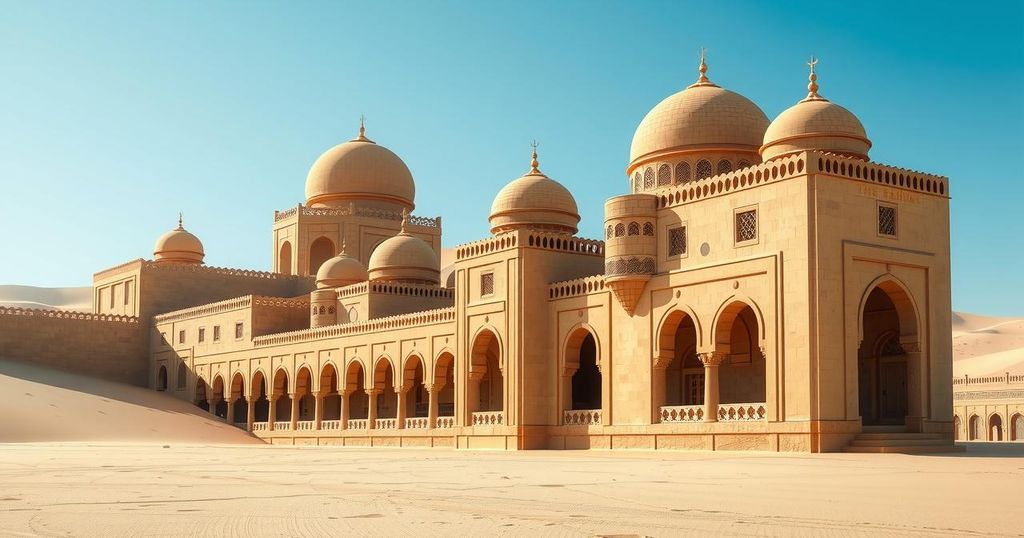The President of Congo offers Trump a deal for U.S. help against rebels in exchange for access to vital minerals. This partnership would enhance U.S. strategic advantages and address the needs of technology firms. Ongoing negotiations with Erik Prince illustrate efforts to secure mining revenues amid regional conflicts.
The President of the Democratic Republic of Congo, Félix Tshisekedi, has proposed a deal to President Trump, seeking U.S. assistance against a powerful rebel group in exchange for access to vital minerals. In a letter dated February 8, Tshisekedi emphasized that a partnership could enhance U.S. strategic advantages by providing access to minerals like cobalt, lithium, and copper, which are essential for technology and automotive industries.
Tshisekedi requested a formal security pact to bolster his army against M23, a rebel group originatin in Rwanda. While specific military assistance needs were not detailed, negotiations are also taking place with Erik Prince, an ally of Trump and founder of a controversial private military company. This partnership could help secure mining revenues for the Congolese government.
The ongoing conflict in eastern Congo is intertwined with historical conflicts, including the Rwandan genocide, with Rwandan backing of M23 being a contentious issue. Despite Rwanda’s denials, a U.N. report suggested military support for M23, underscoring the complex geopolitical landscape affecting mineral extraction in Congo.
Tshisekedi asserted that collaboration with the U.S. aligns with America’s interests in securing critical resources to boost competitiveness in various sectors. American tech companies depend on minerals like tantalum and cobalt, found prominently in Congolese reserves, making this partnership highly strategic.
An intermediary conveyed Tshisekedi’s proposal to the Trump administration, leading to discussions with the National Security Council. Concurrently, U.S. sanctions against Rwandan officials involved in the conflict were announced, illustrating the ongoing tensions in the region. Tshisekedi’s representatives confirmed their intentions to proceed with discussions pertaining to mineral access and resource exploitation.
Erik Prince’s involvement remains unconfirmed, although negotiations are reported to be progressing. His potential role includes assisting in maximizing mining revenues and curbing fiscal evasion by mining operations, thus addressing the decline in Congo’s mineral revenue.
The U.S. government’s focus on natural resources through various foreign policy initiatives aligns with the ongoing discussions concerning mining in Congo, similar to its dealings with other nations like Venezuela and Ukraine. This situation highlights the significant role of resource accessibility in diplomatic relations.
In summary, a proposed deal between the Democratic Republic of Congo and the Trump administration seeks U.S. support against rebel groups in exchange for access to crucial minerals. Tshisekedi’s emphasis on strategic mineral resources aligns with America’s technological needs. Ongoing negotiations involving Trump allies and the complexities of regional politics underscore the interconnectedness of resource management and foreign policy in achieving mutual benefits.
Original Source: www.livemint.com




